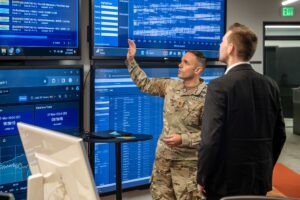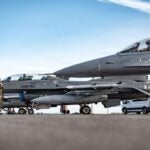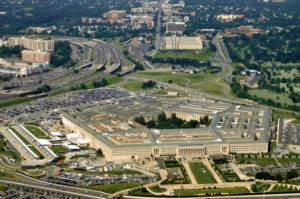
The National Security Space Association (NSSA) is urging a significant boost to the U.S. Space Force fiscal 2025 budget request of $29.4 billion--a $600 million decrease from last year's request. Last month, Air Force Secretary Frank Kendall said that the Department of the Air Force scrimped on fiscal 2025 plans to advance U.S. counterspace technology to deter China because of constraints in the Budget Control Act (Defense Daily, Apr. 30). ”Our greatest regret, if you will, in the constraints we…














